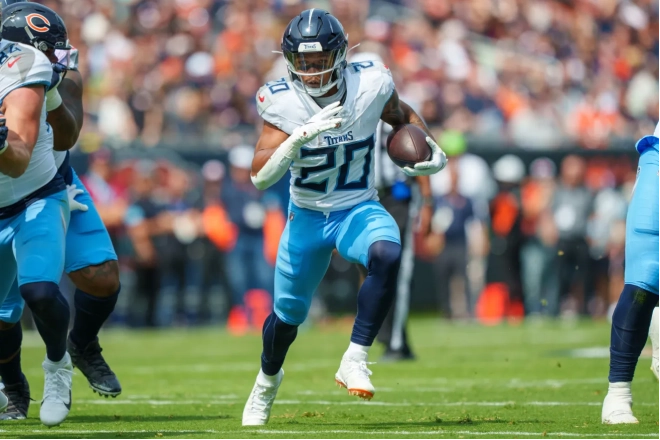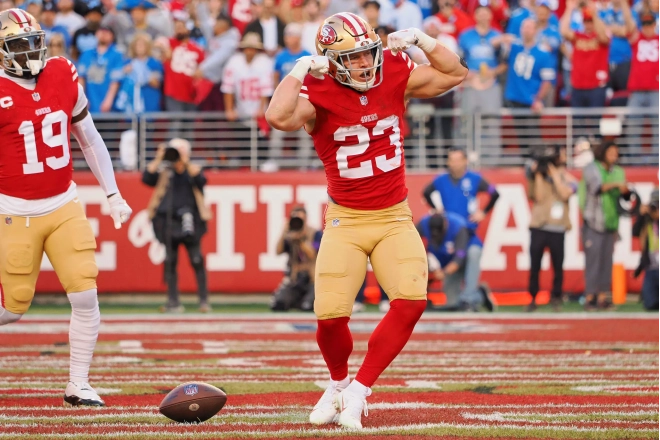Fantasy football has become a phenomenon in the world of sports journalism. What started as a niche hobby for avid fans has now become a multi-billion-dollar industry that impacts how sports reporters and journalists cover the game.
With millions of people playing fantasy football worldwide, it’s now more important than ever to understand its role in modern sports journalism. In this blog post, we’ll take a closer look at how fantasy football influences sports reporting and why it’s important for journalists to pay attention to this rapidly growing aspect of the industry.
Introduction to Fantasy Football
The basic premise involves assembling a virtual team of real players and competing against other fans to see who can accumulate the most points based on the players' performances in actual games. The popularity of fantasy sports has exploded in recent years, with millions of fans participating in leagues and tournaments.
One of the reasons for its success is the ease with which fans can access statistics and analysis of players and teams through sports media outlets, including information such as Arizona Cardinals upcoming odds. This has led to increased coverage of player performances and team dynamics, making sports reporting more accessible and engaging for fans.
As the popularity of fantasy sports continues to grow, we can expect to see more innovative approaches to sports journalism that incorporate this exciting new form of fan engagement.
How Fantasy analysis shapes sports media and coverage
The widespread popularity of fantasy football has undoubtedly influenced how sports media approaches coverage. The NFL Fantasy analysis has become a significant part of sports reporting and programming, with experts offering advice and insights to millions of fantasy players.
This has led to a shift in traditional sports coverage towards individual player analysis rather than team analysis. As a result, fantasy football has created a new avenue for sports journalists to engage with fans and has introduced a new level of depth to sports reporting.
However, it's important to note that while fantasy analysis is important, it should not overshadow the importance of team analysis and the larger context of the game.
Fantasy Football and Sports Journalism
Fantasy Football has had a significant impact on the world of sports journalism. With millions of fans participating in the game, it has become crucial to sports reporting and analysis. In addition, the growth and popularity of fantasy sports have led to numerous dedicated websites, podcasts, and TV shows solely focused on providing analysis and insights into Fantasy Football.
This has resulted in a shift towards more data-driven reporting and analysis in sports journalism, with journalists relying heavily on statistics and player performance data to provide accurate and detailed coverage of the game.
Furthermore, Fantasy Football has become a potential news source for journalists. The game provides a unique perspective on player performances and team dynamics that can be used to inform and enhance sports reporting. Overall, Fantasy Football has transformed sports journalism and will continue to play a significant role in shaping the coverage and analysis of the game in the future.
Conclusion
The role of fantasy football in sports journalism is undeniable. Fantasy sports communities have snowballed, and the industry is expected to expand in the coming years. With the increasing popularity of fantasy football, there is a growing need for expert analysis and coverage to keep fans engaged and informed.
Sports media outlets now incorporate fantasy analysis into their programming, and journalists are increasingly turning to fantasy football for potential news sources. Looking toward the future, it is clear that fantasy football will continue to shape how we consume and report on sports. As technology advances and new engagement platforms are created, the potential for fantasy football to shape the sports journalism landscape is endless.
Photo credit





